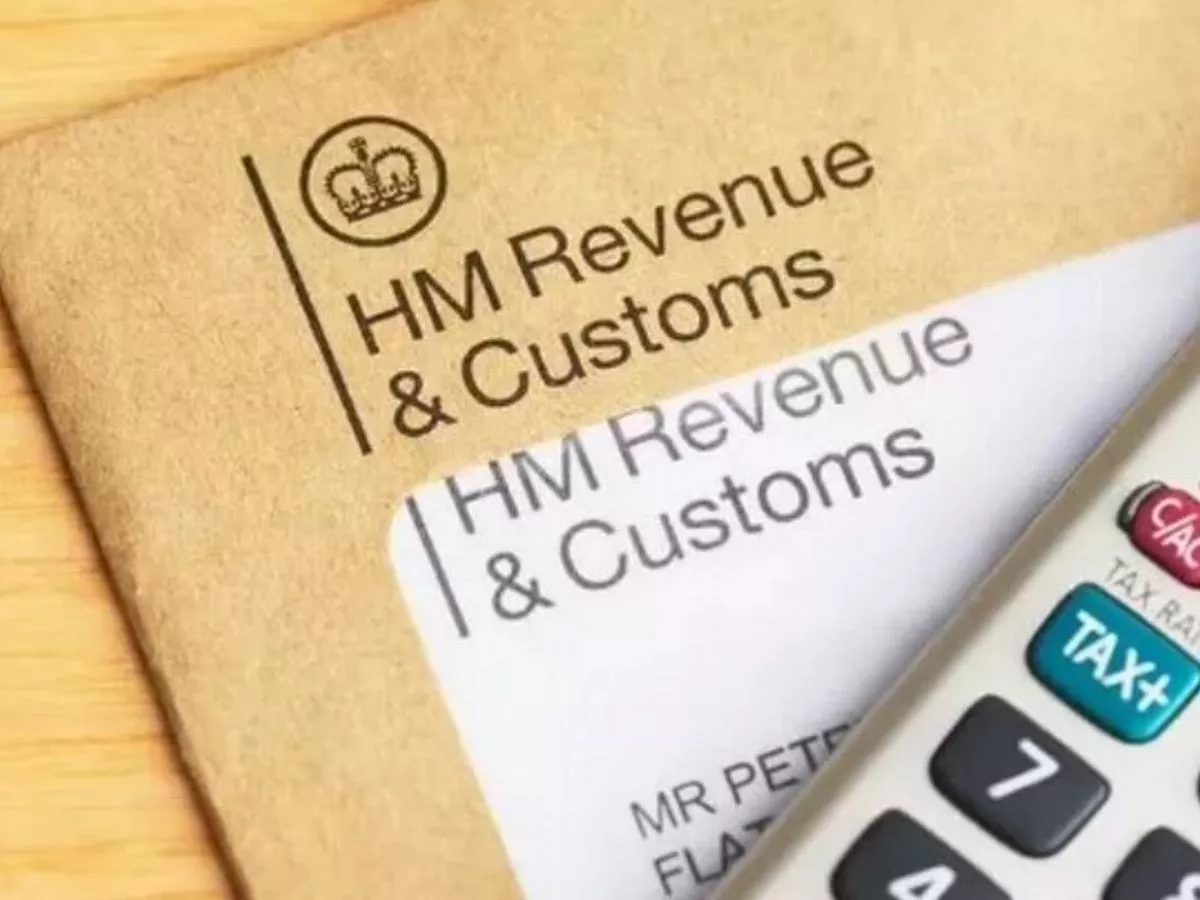By James Rodger
Copyright birminghammail

UK households face an “unexpected” sting from HMRC after being “quietly” pushed into the inheritance tax net according to personal finance experts. The nil‑rate band, the amount you can pass on tax‑free, has been £325,000 since 2009. The residence nil‑rate band, introduced in 2017, has also been frozen at £175,000 – giving UK households a £500,000 allowance per person. But with inflation at 3.8%, by 2030, it is feared an estate worth around £415,000 today could breach the HMRC threshold. Antonia Medlicott, founder at Investing Insiders, has been among the tax experts to sound the alarm. READ MORE UK households told to stock up on heating essential before October 1 She added: “Fiscal drag is a slow-moving tax trap, which makes it particularly dangerous. Thanks to frozen thresholds, middle-income families – who until recently could safely assume they are clear of risk – are quietly being pushed into the inheritance tax danger zone without even realising it. “That’s turning what was once a tax on the wealthy into a broader issue that is going to hit far more people than are prepared for it.” Scott Gallacher, another expert, said: “Freezing the nil-rate and residence nil-rate bands until 2030 is effectively a 20% real-terms cut in the inheritance tax threshold. Combined with pensions being dragged into inheritance tax (IHT), this will catch many more ordinary families than most people realise. “So, yes, it could be the next IHT nightmare. It’s something I’m already seeing daily. My financial planning projections show many clients will simply be maintaining the real value of their estates as they draw on pensions to fund retirement. “Yet the absolute figures still show growth — and that creates a potential future IHT problem, even for families currently comfortably below the £1million married couple threshold, particularly if thresholds remain frozen beyond 2030.” Anita Wright, chartered financial planner at Ribble Wealth Management, said: “What feels like a modest house or a carefully built retirement pot can, within a decade, become sufficient to trigger a 40% tax charge. “For many families, the first time they consider this is after death has occurred — by which point, options are limited. The direction of travel is clear: without action, more families will be caught. With planning, most can avoid becoming part of the statistics.” Kundan Bhaduri, an entrepreneur and landlord at London-based The Kushman Group, said: “Consider gifting strategies that use annual exemptions effectively, explore potentially exempt transfers for larger sums, and investigate whether trusts provide protection for family wealth. “Property owners should particularly examine whether business property relief applies to any of their assets, while those with substantial pensions need urgent advice on nomination forms and withdrawal strategies that minimise tax exposure.”



